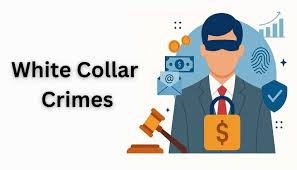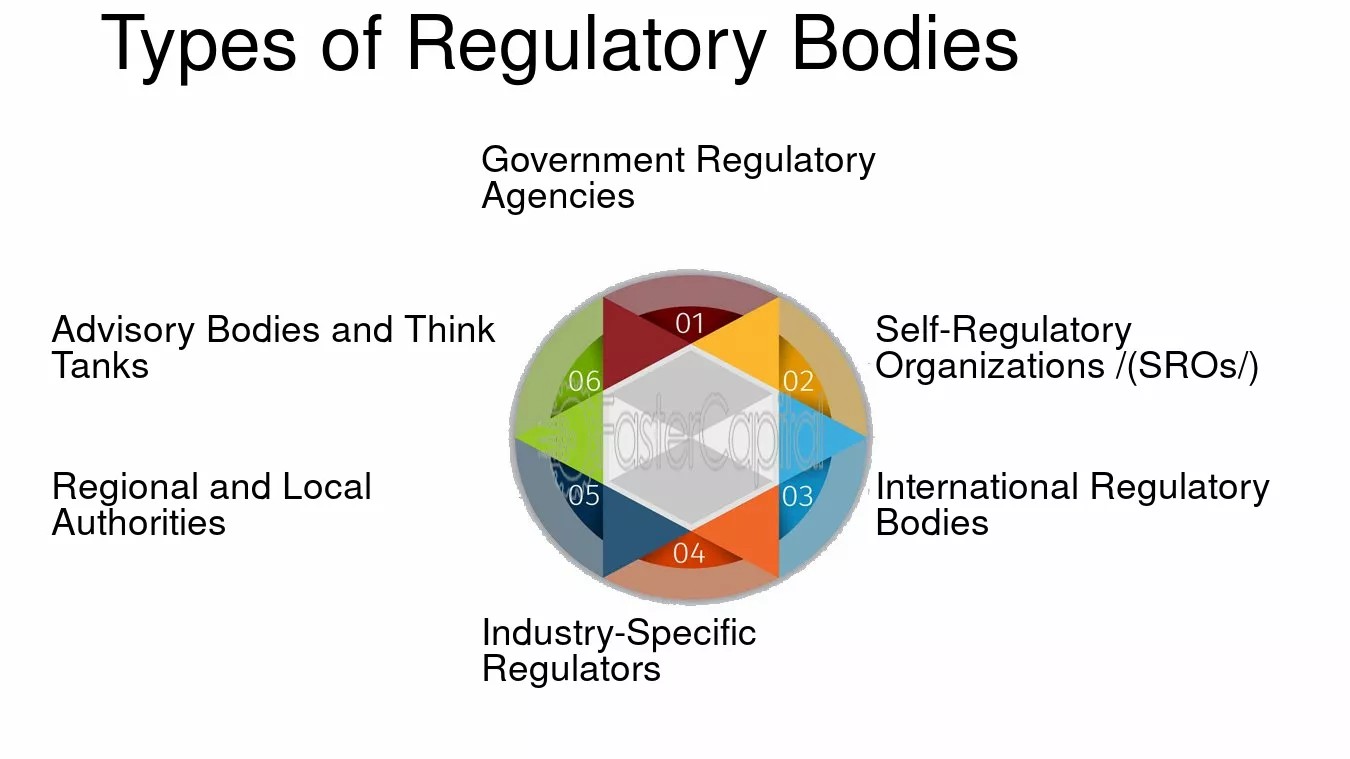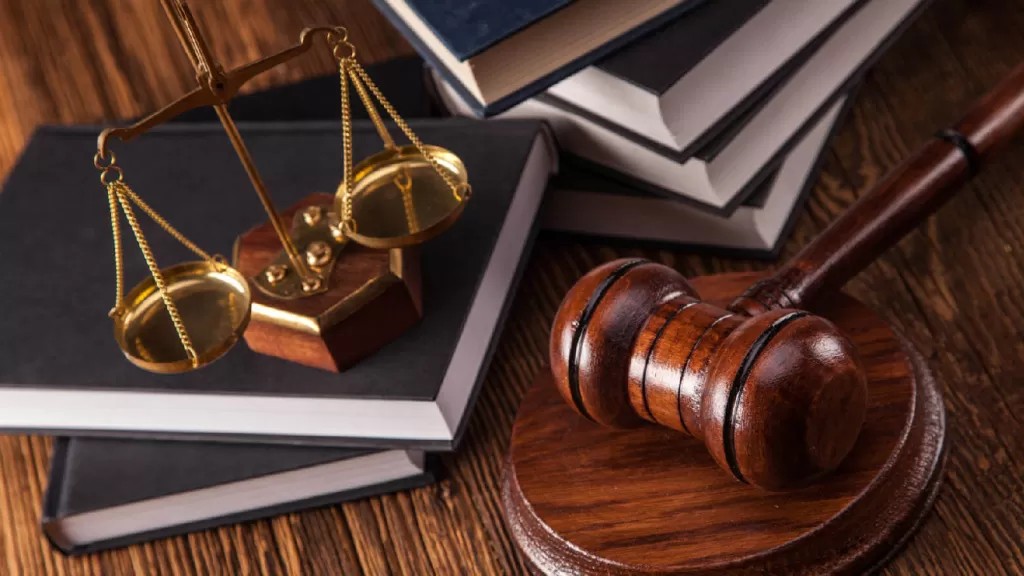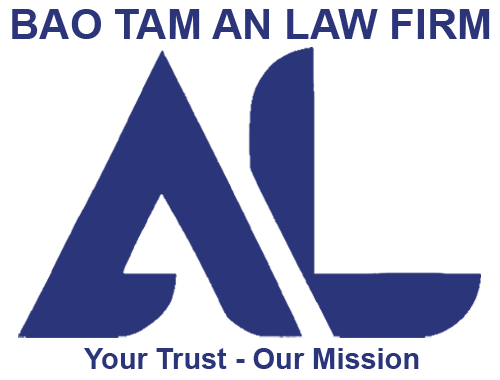Defending White Collar Crimes in Vietnam
White collar crimes, characterized by non-violent offenses committed for financial gain, have garnered increased attention in Vietnam as the economy grows and more businesses operate in the formal sector. These crimes include fraud, embezzlement, bribery, money laundering, and other forms of financial misconduct. For individuals and businesses facing allegations of white collar crimes, understanding the legal landscape and engaging skilled legal representation is critical for mounting an effective defense. This article explores the nature of white collar crimes in Vietnam, the legal framework surrounding these offenses, and strategies for defense.
Understanding White Collar Crimes
White collar crimes are defined as non-violent, financially motivated crimes committed by individuals, businesses, or government officials. These offenses often involve deceit or breach of trust to obtain money, property, or services. Common types of white collar crimes include:
- Fraud: Deceptive practices intended to secure unfair or unlawful financial gain, such as investment fraud or consumer fraud.
- Embezzlement: Misappropriation of funds placed in one’s trust or belonging to an employer, often involving employees diverting company funds for personal use.
- Bribery and Corruption: Offering or receiving illicit payments to influence decisions or actions of public officials or business associates.
- Money Laundering: The process of concealing the origins of illegally obtained money, typically through financial transactions that making it appear legitimate.
- Tax Evasion: Illegally avoiding taxes through fraudulent means or misrepresentation of financial conditions to tax authorities.
The Impact of White Collar Crimes
White collar crimes can have significant repercussions on businesses and the economy, including:
- Economic Consequences: These crimes can drain financial resources, distort markets, and undermine the integrity of financial systems.
- Reputation Damage: Involvement in white collar crimes can lead to loss of trust from clients, investors, and the public, severely impacting a company’s reputation and financial viability.
- Legal Penalties: Offenders may face severe legal repercussions, including fines, restitution, and incarceration, depending on the severity of the offense.

The Legal Framework for White Collar Crimes in Vietnam
Vietnam’s legal system has implemented various laws aimed at combating white collar crimes, primarily based on the Penal Code and additional regulations designed to enhance transparency and accountability in business practices. Key aspects include:
1. The Penal Code
The Penal Code of Vietnam outlines specific provisions related to white collar crimes. Key offenses include:
- Fraud and Embezzlement: Articles in the Penal Code delineate the definitions, elements, and penalties for fraud and embezzlement, establishing clear legal standards for prosecution.
- Bribery and Corruption: The law prescribes penalties for bribery and corruption not only for those who receive bribes but also for those who offer them. Strengthened anti-corruption measures aim to uphold integrity in the public and private sectors.
2. Regulatory Bodies
Numerous government agencies are responsible for investigating and prosecuting white collar crimes, including:
- Ministry of Public Security: This agency investigates criminal offenses and is responsible for enforcing laws related to corruption and financial crime.
- Government Inspectorate: Responsible for auditing public agencies and enterprises, the inspectorate plays a role in identifying irregularities.
- Tax Authorities: These authorities ensure compliance with tax laws and investigate cases of tax evasion.

Defending Against White Collar Crime Allegations
Facing allegations of white collar crimes can be daunting, but individuals have several defense strategies available to protect their interests:
1. Engaging a White Collar Crime Lawyer
Hiring an experienced criminal defense lawyer who specializes in white collar crimes is vital. Key benefits of legal representation include:
- Legal Expertise: Skilled attorneys possess an in-depth understanding of relevant laws, regulations, and legal processes, enabling them to navigate the complexities of the legal system on behalf of their clients.
- Case Assessment: Lawyers can critically assess the strengths and weaknesses of the prosecution’s case, identifying any gaps in evidence or legal misapplications.
2. Building a Strong Defense Strategy
Developing a robust defense strategy is essential for countering allegations of white collar crimes:
- Gathering Evidence: Collaborating with legal counsel to collect and present supportive evidence can bolster the defense. This may include financial records, emails, witness statements, and investigative reports.
- Challenging Intent: Many white collar crimes hinge on the intention of the accused to commit a crime. Establishing reasonable doubt regarding the defendant’s intent can be a crucial element of the defense.
- Highlighting Procedural Issues: If there are procedural inconsistencies or violations of rights during the investigation, legal representation can challenge the admissibility of evidence or the legitimacy of the investigation process.
3. Exploring Alternative Dispute Resolution
In some cases, exploring alternative resolutions may be beneficial. Options include:
- Negotiated Settlements: Engaging in negotiations with prosecutors may lead to reduced charges, plea agreements, or alternative sentencing options, allowing the individual to avoid more severe penalties.
- Mediation: For disputes involving business relationships, mediation can offer a platform for parties to resolve conflicts amicably without the formalities of litigation.
4. Understanding Legal Rights
Individuals accused of white collar crimes must be aware of their legal rights:
- Right to Counsel: The accused has the right to legal representation at all stages of the legal process, including questioning by law enforcement.
- Protection Against Self-Incrimination: Individuals are not required to provide statements that could incriminate themselves. It’s essential to understand when to invoke the right to remain silent.

Best Practices for Preventive Measures
To minimize the risk of allegations of white collar crimes, businesses can adopt best practices that promote ethical conduct and compliance:
- Establish Strong Corporate Governance: Develop comprehensive policies and internal controls aimed at promoting transparency, accountability, and ethical practices.
- Conduct Regular Training: Provide training for employees on compliance with legal and ethical standards relevant to their roles, emphasizing the importance of anti-corruption practices.
- Implement Whistleblower Protections: Create mechanisms for employees to report suspicious activity without fear of retaliation, promoting a culture of integrity.
- Conduct Compliance Audits: Regularly review business practices and financial records to identify potential vulnerabilities and ensure compliance with laws and regulations.
- Engage Legal Counsel Early: Consult with a business lawyer or compliance expert before implementing new practices or entering into agreements to ensure that legal risks are assessed upfront.
Conclusion
Navigating allegations of white collar crimes can be challenging, but understanding the legal frameworks and defenses available is essential for individuals and businesses. By proactively implementing preventive measures, engaging skilled legal counsel, and being aware of rights, parties can protect themselves against potential allegations and mitigate risks. The complexity of civil litigation, combined with the need for robust compliance practices, underscores the importance of engaging expert legal representation. In doing so, businesses not only defend their interests but also foster a culture of integrity and accountability, contributing to a more ethical business environment. Ultimately, being informed and prepared is key to successfully facing the challenges of white collar crime litigation in today’s evolving legal landscape.
